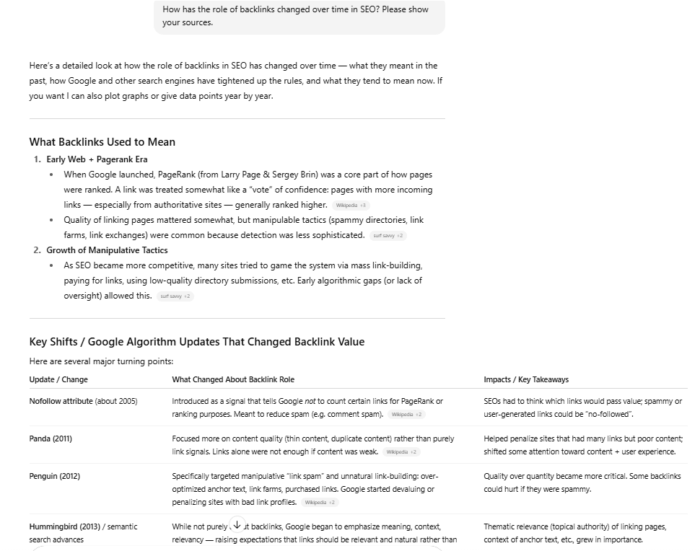Child care now costs more than $10,000 per year on average—here's why that's a problem
Child care is getting more expensive than ever, and it's resulting in parents spending an increasingly large portion of their paychecks on it.

Child care is getting more expensive than ever, forcing parents to spend an increasingly large portion of their paychecks on it, according to a recent report from Child Care Aware.
The "Demanding Change" report found that the national average annual cost of child care in 2020, the latest data available, was $10,174. That figure represents more than 10% of the median income for a married couple, and more than 35% percent of the median income for a single parent.
To put that into context, the U.S. Department of Health and Human Services recommends that parents spend no more than 7% of their household income on child care.
The report also found that the average increase in the cost of child care is outpacing inflation by more than 3%, meaning that parents need to stretch their dollars further than ever before. The average price of a year of child care increased 5% from $9,687 in 2019 to $10,174 in 2020. Over the same time period, the inflation rate was just 1.2%.
This growing gap has resulted in thousands of parents — particularly mothers — leaving the workforce, Child Care Aware says.
"One of the repercussions for parents that we're starting to see is the exit of women from the workforce," Child Care Aware senior data analyst Kristina Haynie tells CNBC Make It. "Sometimes it's just not worth it to work because the money that you're making is all going toward child care."
It's an issue that the researchers say is fueled in part by the difficulties that child-care centers are having in attracting talent. Offering competitive wages requires raising prices, but raising prices forces some parents to pull their children out because they can't afford it.
For many parents, the alternative to quitting their jobs to take care of their kids is to enlist the help of family, friends and neighbors, Haynie says.
"It's difficult to try to cobble together all these different child-care solutions just so that they can keep working for the same paycheck when everything is getting so expensive," she says. "[It's putting child care] just that much more out of reach."
Sign up now: Get smarter about your money and career with our weekly newsletter
Don't miss: Here's what legendary investor Charlie Munger would change about the stock market

 ShanonG
ShanonG 
































